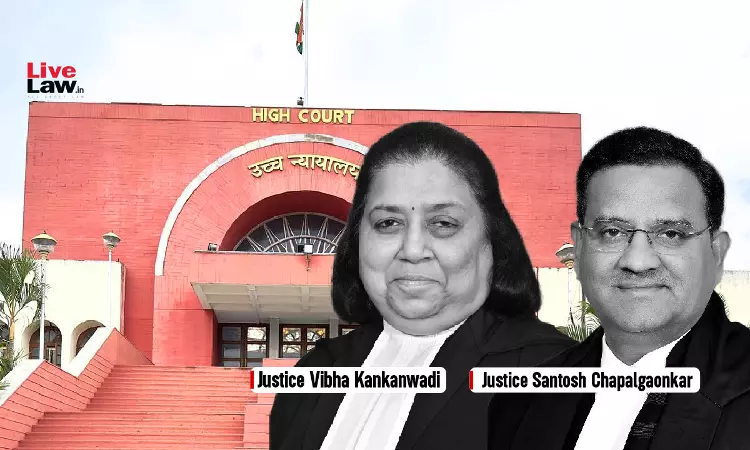Unless Recipient Chooses To Forward Message On WhatsApp, They Cannot Be Held Liable For Defamation: Bombay High Court
Narsi Benwal
5 Nov 2024 9:51 PM IST

Next Story
5 Nov 2024 9:51 PM IST
A WhatsApp message is encrypted end to end and it can only be read by the person, who received it unless the recipient chooses to forward the message, thus in such a situation a sender cannot be booked for defaming a person in society, the Bombay High Court held recently. For the 'illegal arrest' of the applicant, the High Court ordered the Investigating Officer (IO) to pay Rs 2 lakhs and...
